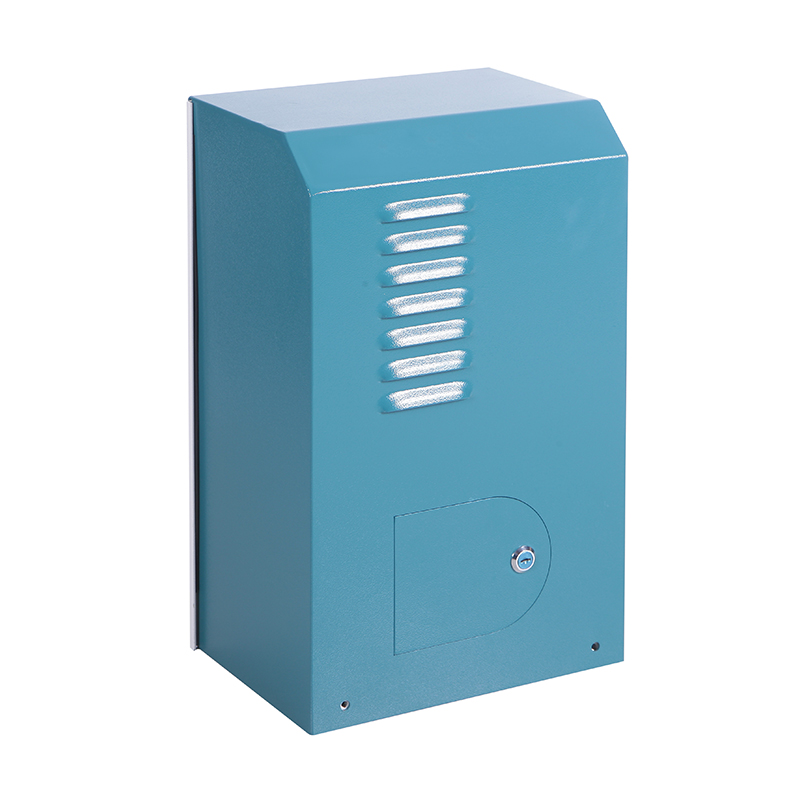Automatic gate openers have become integral components of residential, commercial, and industrial properties, offering enhanced security and convenience. However, like any technology, automatic gate openers come with their own set of challenges and limitations. In this article, we explore some potential issues that users may encounter when utilizing automatic gate openers and discuss strategies for addressing these challenges.

1. Initial Installation Costs:
One of the primary challenges with automatic gate openers is the upfront cost associated with their installation. The initial investment can be relatively high, particularly for advanced systems with additional features such as remote control, sensors, and security integrations. Property owners should carefully assess their budget and requirements before committing to an automatic gate opener.
2. Regular Maintenance Requirements:
Automatic gate openers, like any mechanical system, require regular maintenance to ensure optimal performance. Issues such as lubrication, alignment, and sensor calibration need attention to prevent malfunctions. Property owners should be prepared to invest time and resources in routine maintenance to extend the lifespan of the system.
3. Power Source Dependence:
Automatic gate openers are typically dependent on a power source. In the event of a power outage, the gate may become temporarily inoperable. While many systems incorporate backup power solutions, users should be aware of the limitations and capacity of these backups, especially in prolonged outages.
4. Weather and Environmental Factors:
Harsh weather conditions, such as heavy rain, snow, or extreme temperatures, can pose challenges to the operation of automatic gate openers. Accumulation of debris, ice, or snow on the gate's tracks may impede movement. Regular cleaning and maintenance are crucial to mitigating the impact of weather-related challenges.
5. Security Concerns:
While automatic gate openers enhance security, they may also present certain vulnerabilities. Malfunctions or tampering with the system could compromise the security of the property. It's essential to choose high-quality systems and stay informed about potential security risks, implementing additional security measures if necessary.
6. Limited Accessibility during Maintenance:
When routine maintenance or repairs are required, there may be limitations on accessibility to the property. This inconvenience can be mitigated by scheduling maintenance during times of minimal activity or by incorporating alternative access points.
7. Compatibility Issues with Existing Gates:
Retrofitting existing gates with automatic openers may present compatibility challenges. The design and structure of older gates may not align seamlessly with modern automatic opener systems. In such cases, modifications or upgrades to the gate may be necessary.
8. Noise Levels:
Some automatic gate openers, especially older models or those with chain-driven mechanisms, can produce noise during operation. This may be a concern in residential areas where noise ordinances are in place. Choosing quieter models or exploring sound-dampening options can help address this limitation.
9. Limited DIY Installation:
While some automatic gate openers are designed for do-it-yourself (DIY) installation, more complex systems may require professional installation. Property owners should assess their technical expertise and the complexity of the chosen system before attempting installation to avoid complications.
Conclusion:
While automatic gate openers offer numerous benefits in terms of security and convenience, users should be aware of potential challenges and limitations. Addressing these issues requires a proactive approach, including regular maintenance, informed decision-making during installation, and staying vigilant about security concerns. By understanding and mitigating these challenges, property owners can ensure that their automatic gate openers continue to function reliably and contribute positively to the overall security and convenience of their properties.